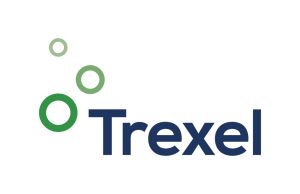
Trexel now offering MuCell technology to full extrusion blow molding market
Canadian Plastics
Canadian Plastics Plastics ProcessesUntil now, a non-competition agreement prohibited the company from offering the lightweighting technology beyond the automotive sector.

Image Credit: Trexel
MuCell Extrusion LLC has granted rights to Trexel to offer MuCell technology to the extrusion blow molding market, effective immediately.
Until now, Trexel was only allowed to apply the microcellular foaming injection molding technology to automotive blow molding applications as per a non-competition agreement that was part of Trexel’s 2008 sale of its extrusion business to Zotefoams plc., MuCell’s parent company.
“As Trexel has sharpened its focus on injection molding packaging applications in recent years, we have seen a pull from the market to offer our MuCell solutions to blow molded products, leading us to pursue this agreement with MuCell Extrusion,” Trexel CEO Brian Bechard said in a statement.
“We are delighted to come to this agreement for Trexel Inc to offer a wider range of solutions to extrusion blow molding as MuCell Extrusion refocuses on applications for extruded sheet and film,” said David Stirling, group CEO of Zotefoams plc.
MuCell technology supports design flexibility and cost savings by allowing plastic part design with material wall thickness optimized for functionality and not for the injection molding process. The combination of density reduction and design for functionality often results in material and weight savings of more than 20 per cent, according to the company. The cost and processing advantages have led to rapid global deployment of the MuCell process in the automotive, consumer electronics, medical, packaging, and consumer goods sectors.
Trexel also offers the TecoCell system, a chemical foaming technology that provides uniform microcellular structure to injection molded parts.
